Brazilian coffee farmers turn to grow Robusta Arabica coffee beans decline.
There is no doubt that climate change has had a profound impact on the coffee industry. A Reuters article on Aug. 16 revealed the rise of Robusta Coffee.
Farmers in Brazil, the world's largest producer of coffee beans and Arabica coffee beans, are turning to robusta coffee beans, which are more intense and unpleasant. There are signs that the Robusta variety is more resistant to high temperatures than the Arabica variety.
There are precedents for planting other varieties as a result of climate change. Colombian growers, for example, grow more adaptable varieties of Arabica and Robusta coffee (Castillo Castillo); from growing coffee alone to growing cocoa to abandoning coffee on a large scale and moving to more profitable crops.
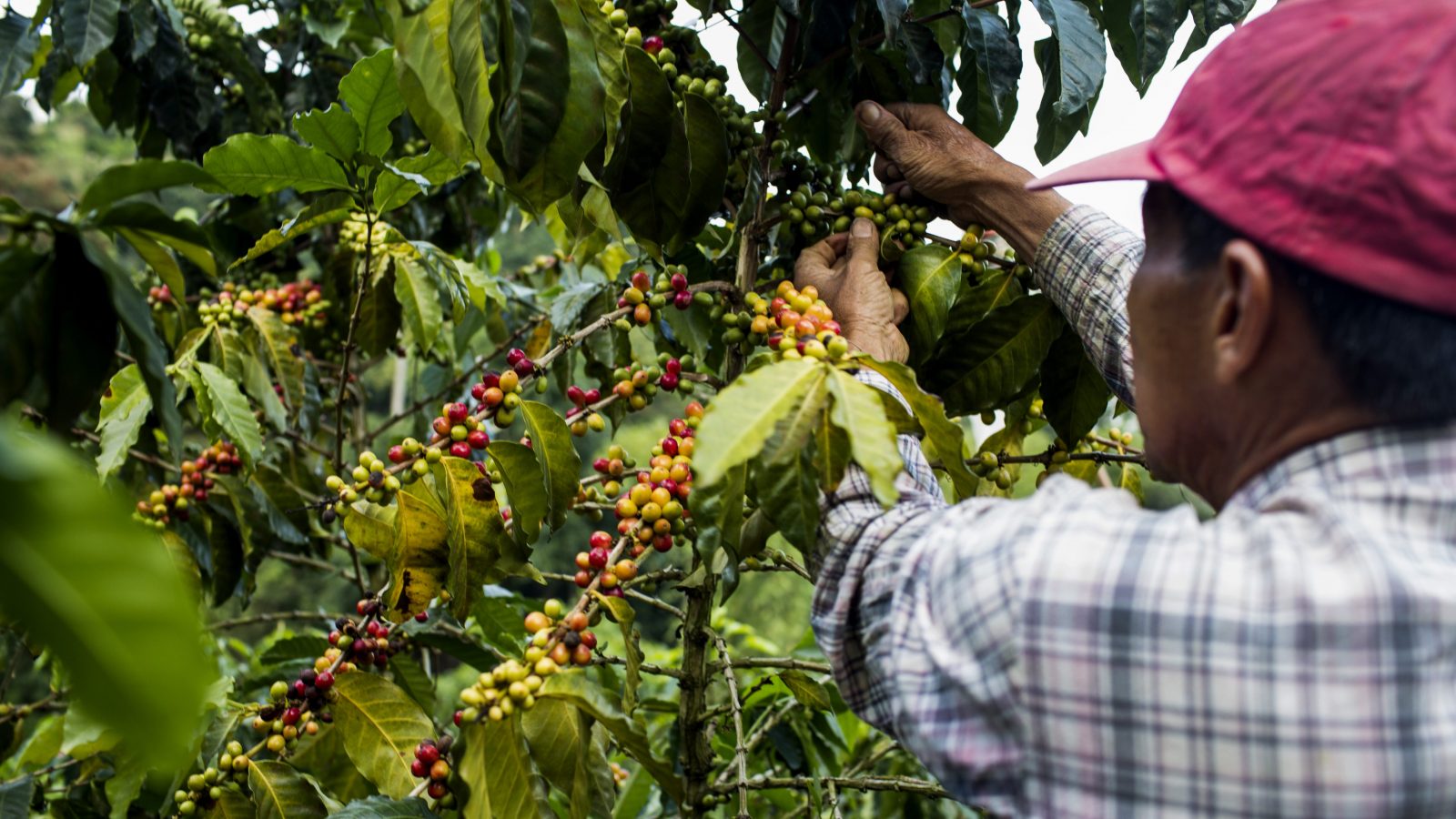
Now, some growers in Brazil hope to protect against the effects of climate change by growing medium-grain coffee, known as Robusta.
Although Brazil is the largest producer of Arabica coffee beans, its output has been basically flat in the past five years. At the same time, data show that Brazil's Robusta coffee production has increased significantly. Arabica's market share has been declining, from 70% of global production to about 60%, and that number is likely to fall further as more Brazilian farmers favor and turn to robusta.
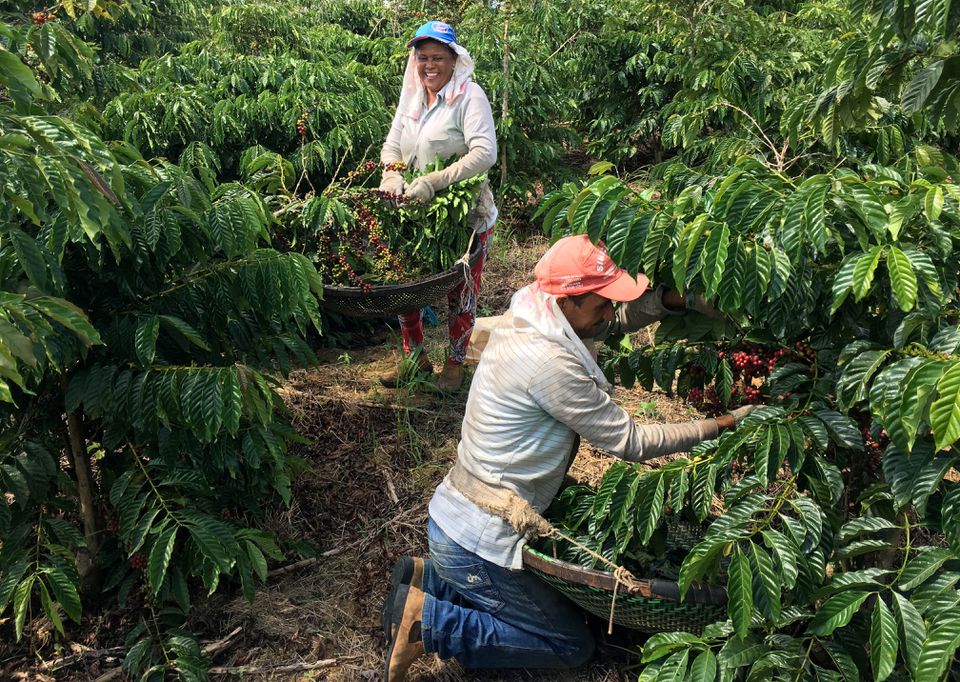
The rise in Brazilian robusta coffee production is also threatening Vietnam's position as the largest producer of robusta coffee for a long time. "at the same level of technology, it produces almost twice as much as it does now," Enrique Alves, a coffee seed grower at Brazilian agricultural research company Embrapa, told Reuters.
In the past three seasons, Brazil's Robusta production has risen 20% to 20.2 million bags (60 kg / bag), according to the United States Department of Agriculture (USDA). Meanwhile, Vietnam's Robusta coffee production fell 5 per cent to 28 million bags.
Southeast Asian countries have a solid position as the world's largest exporter of robusta coffee. Last season, Vietnam exported 23.6 million bags of robusta beans, while Brazil, in second place, exported 4.9 million bags of robusta beans.
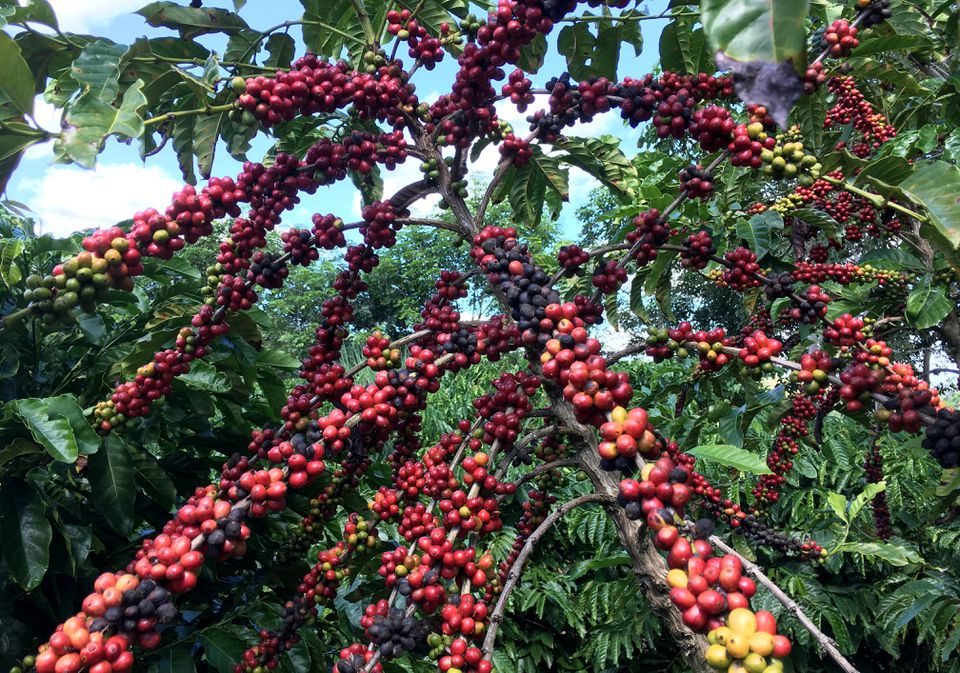
As the cultivation of Arabica is affected by droughts, frosts, floods and other unpredictable weather related to climate change, robusta coffee grown in Brazil may become part of people's daily coffee consumption.
Carlos Santana, a coffee trader who works for Eisa Interagricola, a subsidiary of the Swiss group ECOM Agroindustrial, said: "I'm sure the world will use a lot of Brazilian robusta coffee in the near future."
For more information about coffee beans, please follow the coffee workshop (Wechat official account cafe_style)
For professional coffee knowledge exchange, please add Wechat account kaixinguoguo0925.
Important Notice :
前街咖啡 FrontStreet Coffee has moved to new addredd:
FrontStreet Coffee Address: 315,Donghua East Road,GuangZhou
Tel:020 38364473
- Prev
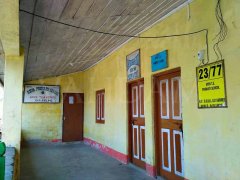
Darjeeling Black Tea is popular? Darjeeling Arya Arya Black Tea Brand recommendation
Arya Arya Tea Garden was founded in 1885 and was originally called Sidrabong. According to legend, this tea garden was impressed by the scenery of the valley where the tea garden is located, which gave rise to the idea of planting tea trees and establishing tea gardens here, and later developed and cultivated different varieties of leaflet tea trees. Today, the houses where monks lived in the 19th century can be found in this tea garden. It turns out
- Next
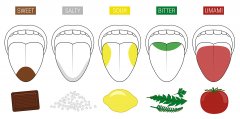
The efficacy, function and nutritional value of tea what are the harm and ten advantages of drinking tea for a long time
The production process of good tea can be said to be an art. The tea maker has to consider countless variables at every step. The influence of sunlight is one of many variables, and the Omuroi-shita technology implemented in Japan makes it the focus. In the production of high-end teas such as matcha, Japanese-style tea and Japanese-style tea, the whole tea tree is covered with a thick layer of straw or dark nylon cloth 2-3 weeks before ripening.
Related
- Beginners will see the "Coffee pull flower" guide!
- What is the difference between ice blog purified milk and ordinary milk coffee?
- Why is the Philippines the largest producer of crops in Liberia?
- For coffee extraction, should the fine powder be retained?
- How does extracted espresso fill pressed powder? How much strength does it take to press the powder?
- How to make jasmine cold extract coffee? Is the jasmine + latte good?
- Will this little toy really make the coffee taste better? How does Lily Drip affect coffee extraction?
- Will the action of slapping the filter cup also affect coffee extraction?
- What's the difference between powder-to-water ratio and powder-to-liquid ratio?
- What is the Ethiopian local species? What does it have to do with Heirloom native species?

